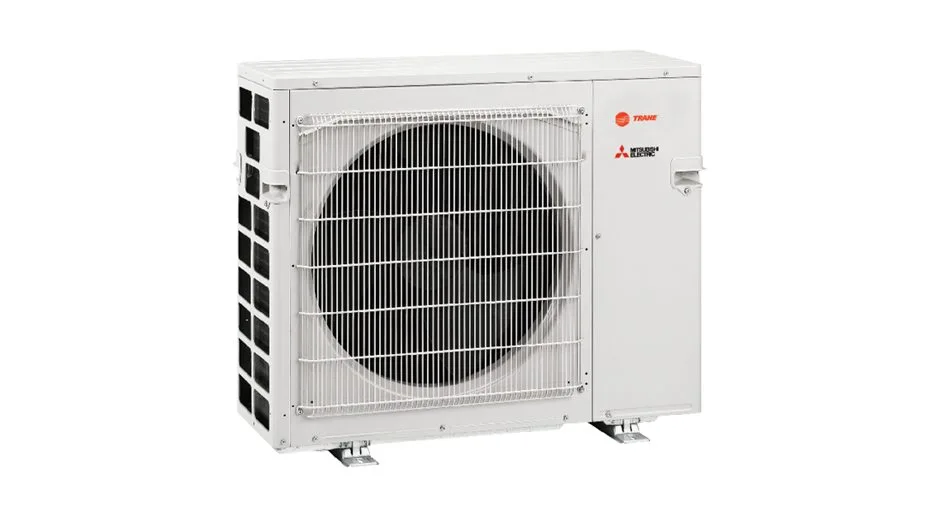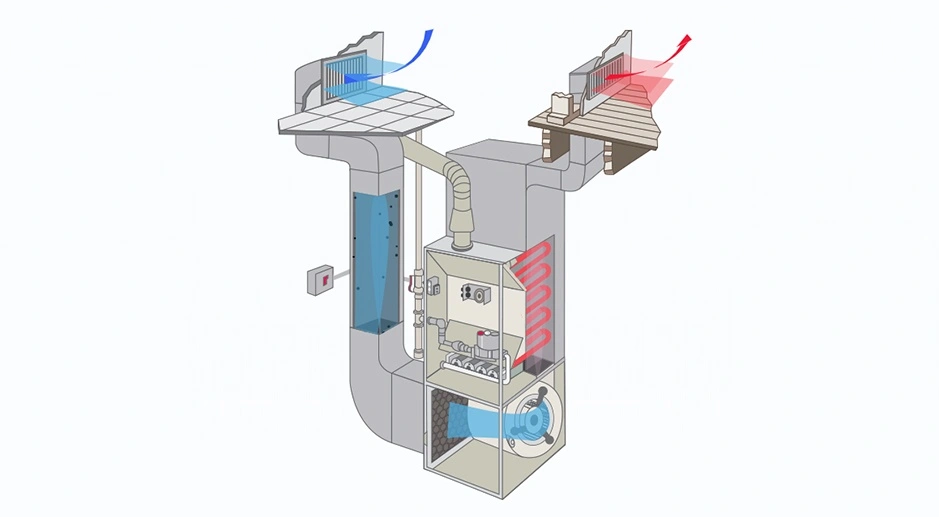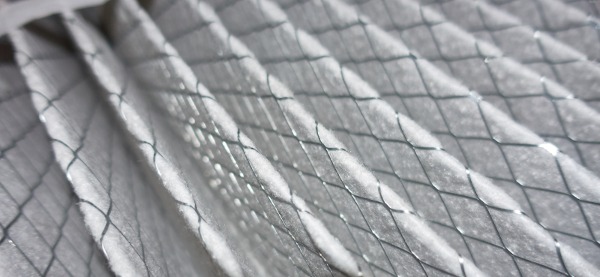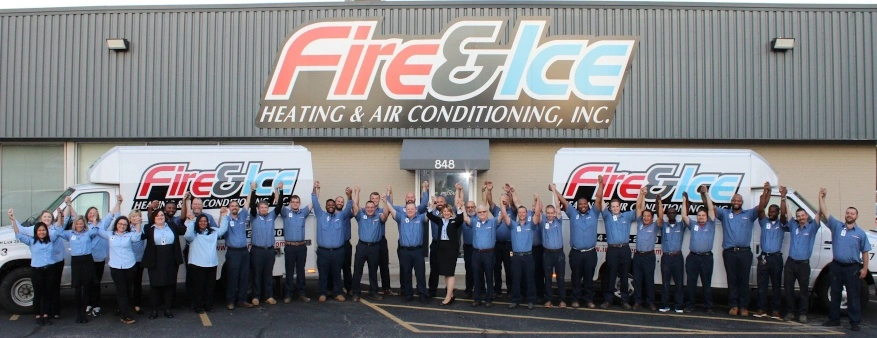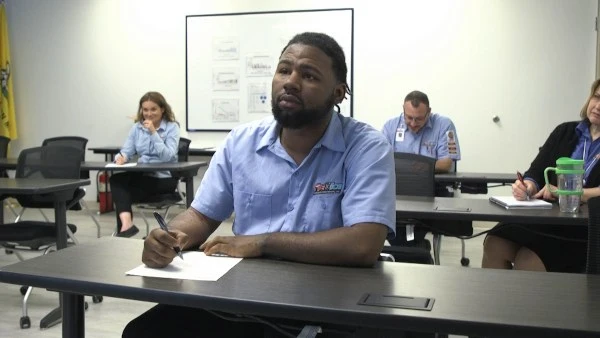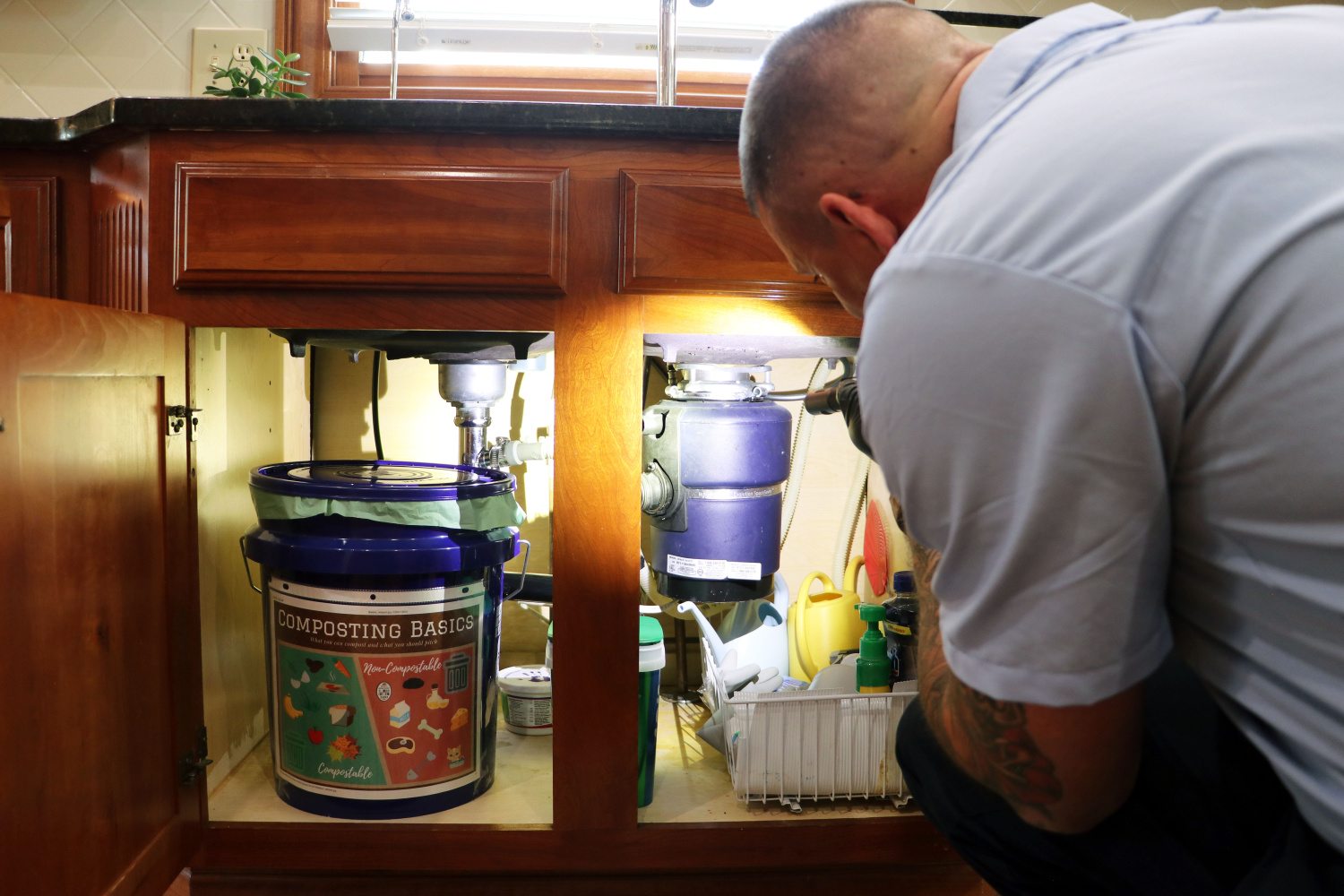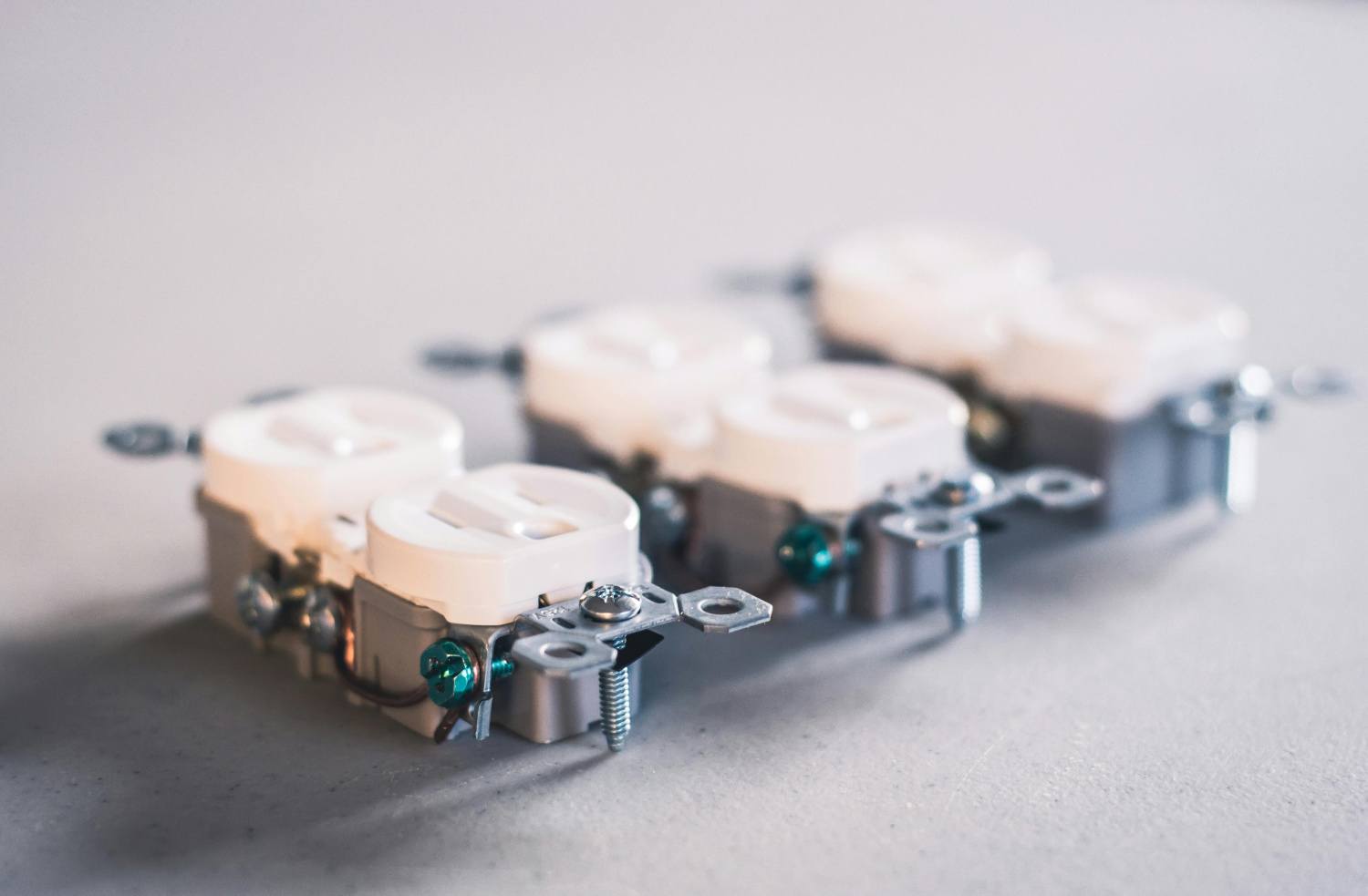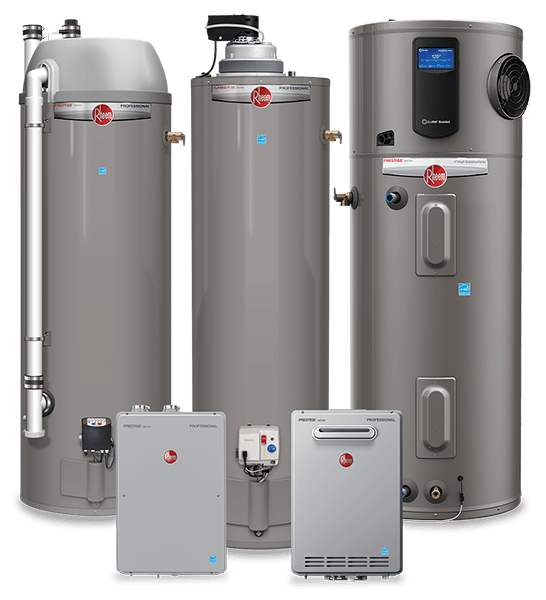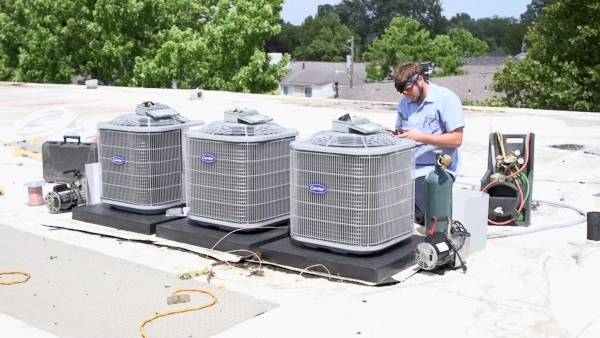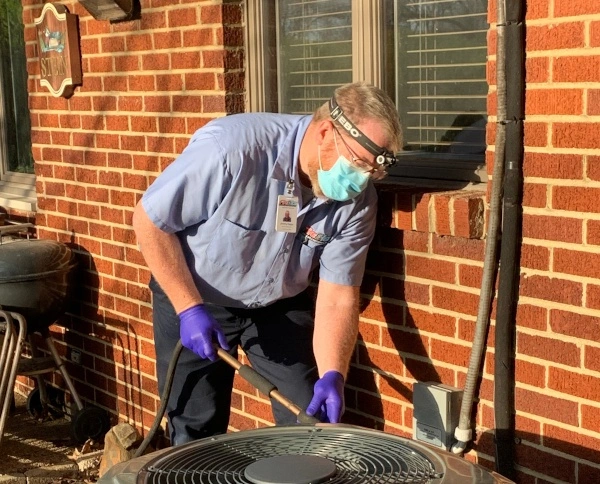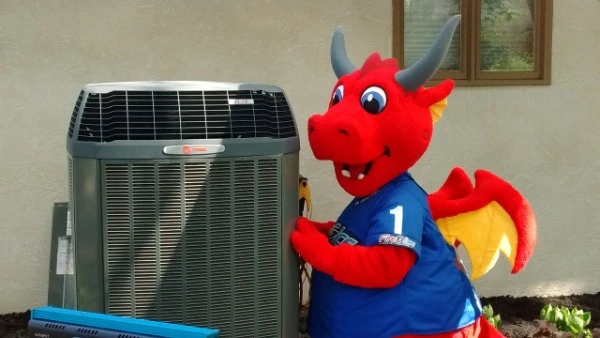


Author:
Revised:
February 13th, 2023
Are you a new homeowner trying to learn the basics of your residential HVAC system? If so, you're in the right place!
HVAC practices are over a century in the making, and the trade is continually growing and evolving. Over the last hundred years, there have been several improvements to how homeowners see their indoor comfort— from ducted to ductless systems, oil to natural gas systems, indoor air purification products such as the Reme Halo, and the evolution of the smart thermostat.
As you can see, HVAC isn't going anywhere anytime soon, so if you're a new homeowner, below is your ultimate guide to the basics you should know regarding your home comfort system.
By the end of this article, you will understand HVAC basics homeowners should know, for instance:
- What HVAC stands for
- How to figure out the age of your system
- The average lifespan of an HVAC system
- How to find out if your system is on a manufactures warranty
- How to keep your manufacturer's warranty intact
- Seasonal/ Preventive maintenance and why it's important
- Steps you can take to maintain your system
Let's begin!
What Does HVAC Stand for?
Before we get into the nitty gritty basics new homeowners should know, you should know what the acronym HVAC stands for:
H- Heating
V- Ventilation
A- Air
C- Conditioning
It refers to your entire home comfort system responsible for moving and regulating the air throughout your residential home or commercial building. Your HVAC unit affects your everyday life by optimizing your home to your preferred comfort level.
Your heating, ventilation, and air conditioning system is one of the most important appliances in your home. It affects your home's temperature, humidity levels, indoor air quality, and comfort.
Related Content: What's an HVAC System?
What is the Most Common HVAC System?
The most common HVAC system in Ohio is a traditional system. They include an air conditioner (outdoor unit) and a furnace (indoor unit) and have ductwork throughout your basement or attic.
It is also worth noting that there are other types of HVAC systems, such as Heat Pumps,Ductless Mini-Splits, Propane, and Oil Furnaces. However, they are less common than a traditional system.
Another vital piece of information is if you recently built your home and are the first person to live in it, many contractors will build your HVAC system to code, but not comfort. So, if you’re having heating and cooling issues in your new home, your HVAC system may not be sized correctly.
How to Determine the Age of My HVAC System?
Do you need to know how to determine the age of your HVAC system in your new home? Don't worry; there are several ways to figure it out! On average, HVAC systems last between 15-20 years; however, with regular maintenance, some systems can have longer lifespans.
Serial Number
To determine the age of your HVAC system, look for a service data plate. It will show the manufacturer's date and when it was last serviced. Also, be mindful that older units may have a faded nameplate that can't be read.
However, if you can't locate the data plate, you can look for a service sticker/stamp with a serial number attached. Typically, found on most motor-bearing equipment. Inside the serial number is a code; keep in mind every HVAC manufacturer uses a different code.
- Call the manufacturing company to give them the serial number/code, and they can look it up in their system.
- Look it up on Google.
Since we live in the age of the digital world, you can go to google and type in "What is the age of my *brand* furnace/ac unit/ heat pump/air handler?" Plug in your serial number, and presto!
Sometimes, if you're lucky, HVAC manufacturers will place a stamp on the system before it leaves the warehouse. So, check all the nooks and crannies of your HVAC units before doing the leg work yourself.
What if I Don't Have a Serial Number/Code?
Unfortunately, if you don't have a code, you will have a tough time determining the exact age of your HVAC equipment, but it's possible. You can start by finding a serial number on one of the essential parts of your heating or cooling system, such as an inducer or an electrical component.
Once you have a serial number, you can enter it into your Google search. One thing to consider when doing this is the caveat that the part you are searching for might not have come with the original unit.
You can make an educated guess on how old your system is based on the information you find. It may not be exact, but it can give you some idea of when to replace it.
Can My HVAC Technician Determine the Age of My System?
In short, no. Sadly, our technicians cannot determine the age of your system just by looking at it. They would have to go through the same processes as mentioned above. However, you can turn this into a learning experience and ensure the serial sticker/code is on the following system you purchase.
Is My HVAC System Still Under the Manufacturer's Warranty?
If your HVAC system came out of the box but no one registered it, in most cases, it has a 5-year warranty. However, if your heating system and air conditioning system were registered correctly at the time of your installation, depending on the brand/system, it could have a 10-year or 20-year warranty. Not to mention, select brands also have a lifetime warranty on specific parts like heat exchangers.
At Fire & Ice, we register your home comfort systems during your furnace or air conditioning installation. We understand that purchasing HVAC equipment is a considerable investment. Because of this, we take the time to properly install, register and check all electrical components during our installation process.
How to Find Out if Your HVAC System's Warranty is Intact
The easiest way to determine if your HVAC is still under the manufacturer's warranty is to call the manufacturer directly. They can look up your warranty plan and agreements and let you know if your warranty is still valid. Unfortunately, if you do not have the serial number for your system, you cannot prove that you have a warranty; therefore, you cannot file a claim.
How to Stay Under Your Manufacturer's Warranty
In order to stay under your manufacturer's warranty, several HVAC maintenance tasks must be completed, including:
- Your system is installed correctly by a licensed HVAC installer.
- You must register your HVAC system under warranty.
- Schedule annual HVAC service maintenance for all units by a certified HVAC technician.
-The best time to schedule your tune-ups and check-outs are in the Spring and Fall before extreme temperatures hit
- Using authorized parts
- Work with a licensed contractor; no D.I.Y. repairs or maintenance
Why Is Routine Maintenance for Your Heating and Cooling Unit(s) Important?
As mentioned above, you must schedule your routine maintenance twice a year. Not only does this help your HVAC system stay under warranty, but it also has several other benefits.
Saving Time, Money, and Effort
One of the worst things that can happen is your home comfort system breaking down when you least expect it. Annual preventative maintenance can prevent this by catching potential problems before they become detrimental to your system.
Also, if your system breaks down out of the blue, you have to find an HVAC contractor available to work on it as soon as possible. This wastes time, money, and effort when a technician could have caught the issue a mile away before your unit broke down.
Extending the Lifespan of Your Unit
As a rule of thumb, a cleaner HVAC system will last longer. You can think of this like changing the oil in your car. Every 5,000 miles or so, your car needs an oil change. If not, your car will break down. The same goes for your HVAC system; if you don't invest in proper maintenance, you risk it breaking down, which will shorten the lifespan of your home heating and cooling system.
Improving Your IAQ & Overall Comfort
A dirty air filter is one of the most common issues affecting indoor air quality and comfort within a home. Regardless of the type of air filter your HVAC system takes (1-inch, 4-inch, etc.), you should check or replace your air filter every 30 days.
Not only will clogged air filters severely reduce your home's IAQ, but they will also make your system work harder. Which, in turn, lessens the life expectancy of your system.
Moreover, when you routinely change your air filter, it also helps with your system's energy efficiency, which is a win for you and the environment!
What Can A Homeowner Do to Maintain Their HVAC System?
In this article, we've talked a lot about what a homeowner shouldn't do. However, homeowners can do simple maintenance tasks to keep their HVAC units in tip-top shape. Including but not limited to:
- Cleaning out the drain- attached to your unit is a condensation drain. This drain can get clogged if it's not regularly cleaned. To clean your condensation drain, pour distilled vinegar or bleach down the drain at least two times a year.
- Clean your unit- your outdoor unit will need a little T.L.C. between tune-ups. Our HVAC experts recommend moving any large debris and nearby plant growth to prevent clogging.
- Seal your home from all incoming drafts- check all windows, doors, basement, chimney, attic, and electrical outlets for cool air/ warm air. If you feel any drafts, cover them immediately. If left, it will cause your A/C to overwork, resulting in a shorter lifespan and a high energy bill.
- Change your air filter- I know we have stated this several times within this article; however, we cannot stress changing your air filters enough! Clogged air filters lead to less energy efficiency and more heating and air conditioner maintenance costs.
Also Read: How Often Should Furnace Filters Be Changed?
If you need to learn how to complete these basic HVAC tips and tricks, ask one of our service technicians at your next HVAC inspection. We'd be happy to help!
Putting it All Together
As we mentioned at the start of this article, home heating and cooling systems are going nowhere soon. If anything, it will become (if not already) a substantial part of your household maintenance.
Fire & Ice is ready to help with your home heating and cooling needs, including furnace, heat pump, air handler, and air conditioner installation/ replacement/ repair, annual preventative maintenance for all units, duct cleaning, your overall indoor air quality, and so much more!
Fill in your zip code below to start your HVAC journey with Fire & Ice today!


